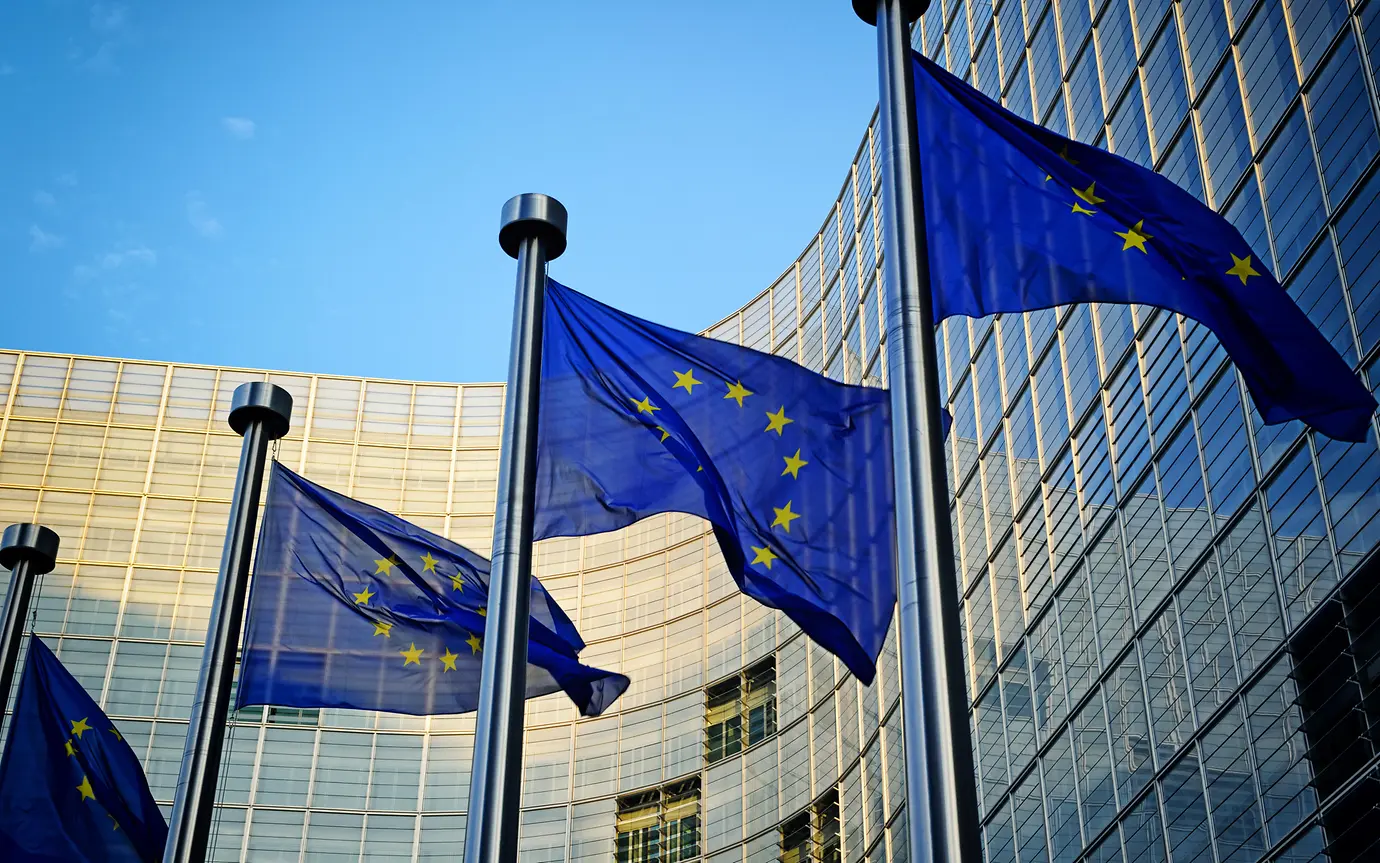The European Central Bank (ECB) met last week, and given economic growth remains mixed and inflation is coming down slower than anticipated, members strongly indicated their first rate cut would be in June.

In the past, when the ECB sought to ease policy – when a central bank stimulates the economy and makes money easier to borrow by lowering interest rates—there usually were a host of issues concentrated within southern European countries. Portugal, Italy, Ireland, Greece and Spain, the weakest economies in Europe during the European debt crisis over a decade ago, were given the acronym PIIGS by investment bankers.
Following the global financial crisis (GFC) in 2008, these countries struggled with weak economic output, substantial debt levels and financial instability. Many questioned their ability to pay back bondholders, which led to fears spiking about these nations defaulting on their debt, ultimately leading to the Eurozone crisis of 2010-2012. This spurred structural reform and substantial intervention by the central bank. Germany, financially sound, was resolute in uniting support from the bloc for their debt-laden European neighbours.
In a strange twist of fate, it is now Germany that’s labelled the “sick man” of Europe. It is worth noting that Germany’s issues are quite different from the so-called PIIGS. Its issues stem from the increased cost of energy as it weans itself off from Russian supplies and the need to source alternative suppliers of energy. This has raised the cost of producing manufactured goods such as cars.
But the issue runs deeper. Not only has Germany been hit by exorbitantly higher energy costs, but as it strives to retain its crown in making the ultimate luxury vehicles, it faces challenges from in the growing global electric vehicle (EV) market. China is importing cheaper EVs to Europe (see our Brief on the ongoing trials and tribulations between China and Europe over the EV market), putting Germany’s economic model – crudely summarised as importing cheap energy to export luxury cars- under threat.
The problems facing Germany are well documented, but how are Europe’s previous weakest links faring today?
Ireland notably has experienced a strong recovery in the years following the Eurozone debt crisis. This has been buoyed by international companies’ desire to set up base there, attracted by its low tax regime and the fact it is an English-speaking nation.
Portugal and Greece faced extremely challenging economic periods as tourism plummeted after the GFC. Their fortunes have shifted materially. Portugal’s credit rating - a credit rating agency’s assessment on the country’s ability to pay back its debts and interest payments - declined materially during the debt crisis, but has seen a dramatic reversal. Standard & Poors shifted Portugal’s credit rating from BB in 2012 to A- today.1
Greece, which faced a much more calamitous sovereign debt crisis that led to a severe recession, has seen its rating move towards investment grade status at the end of last year.2 This is a truly remarkable reversal of fortunes following years of significant structural reforms and austerity, including spending cuts and tax increases.
Spain, which experienced a real estate bust that led to a significant shock to its banking system, rising fiscal deficits and borrowing costs and job losses,3 is now seeing its economic growth outperform Germany and has been better placed to handle the economic shocks. A booming tourism sector has also helped lift the country. Finally, while Italy has longstanding demographic and debt concerns, so far, its economy remains resilient.
Taking stock of all of this, we feel the acronym PIIGS should be retired for now, as the sun is now shining across Southern Europe.
[1] S&P, Bloomberg
[2] S&P, Bloomberg
[3] International Monetary Fund, https://www.imf.org/external/pubs/ft/scr/2014/cr1459.pdf
This communication is provided for information purposes only. The information presented herein provides a general update on market conditions and is not intended and should not be construed as an offer, invitation, solicitation or recommendation to buy or sell any specific investment or participate in any investment (or other) strategy. The subject of the communication is not a regulated investment. Past performance is not an indication of future performance and the value of investments and the income derived from them may fluctuate and you may not receive back the amount you originally invest. Although this document has been prepared on the basis of information we believe to be reliable, LGT Wealth Management UK LLP gives no representation or warranty in relation to the accuracy or completeness of the information presented herein. The information presented herein does not provide sufficient information on which to make an informed investment decision. No liability is accepted whatsoever by LGT Wealth Management UK LLP, employees and associated companies for any direct or consequential loss arising from this document.
LGT Wealth Management UK LLP is authorised and regulated by the Financial Conduct Authority in the United Kingdom.